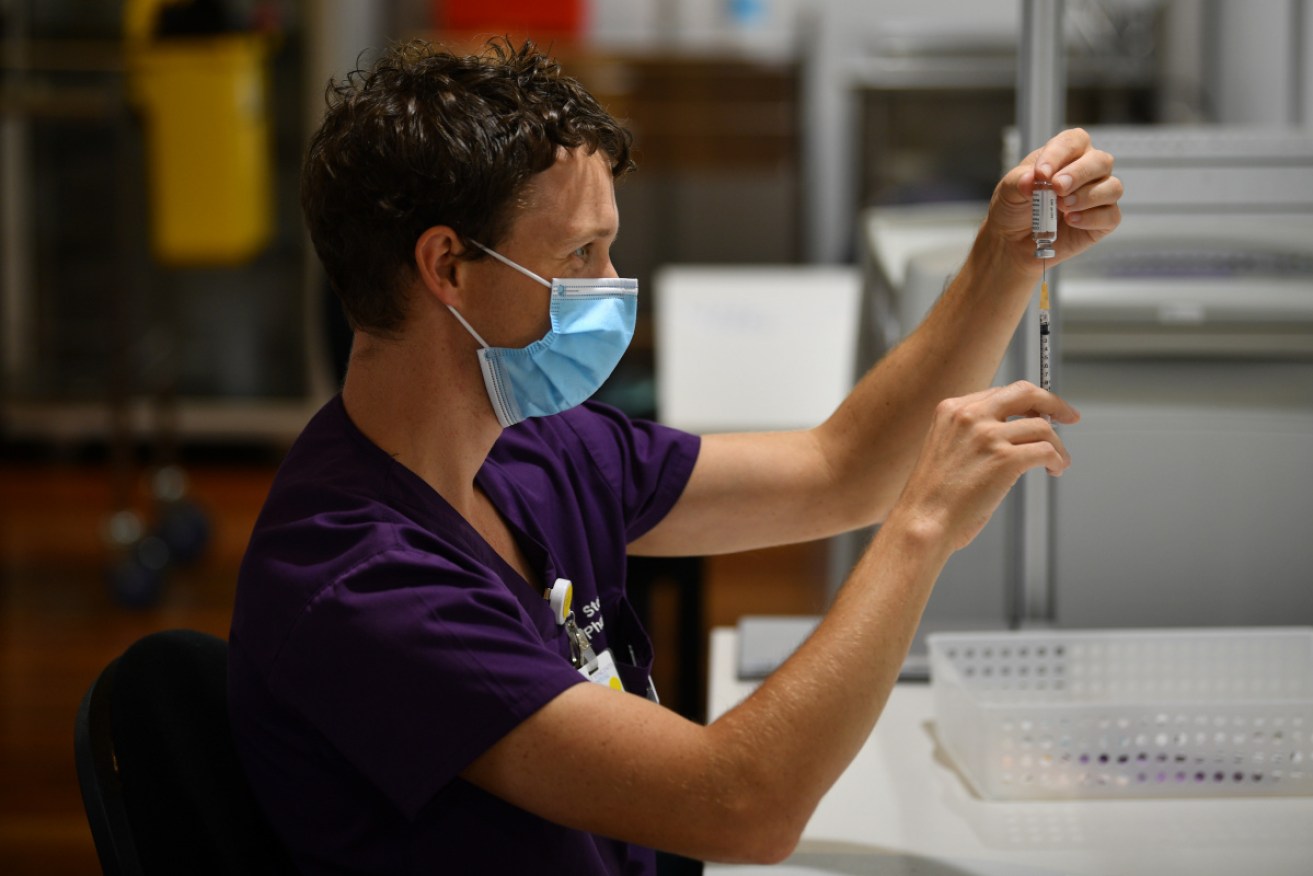“With the vaccine rollout under way, I am increasingly hopeful that student arrivals in larger numbers will occur by Semester 1 of next year,” he said recently, during a speech at the Royal Melbourne Institute of Technology (RMIT) University.
Mr Tudge also flagged the possibility for individual universities to bring in international students this year, provided chief health officers agreed on appropriate quarantine arrangements.
But that’s unlikely to go ahead until most Australians receive the coronavirus vaccine.













